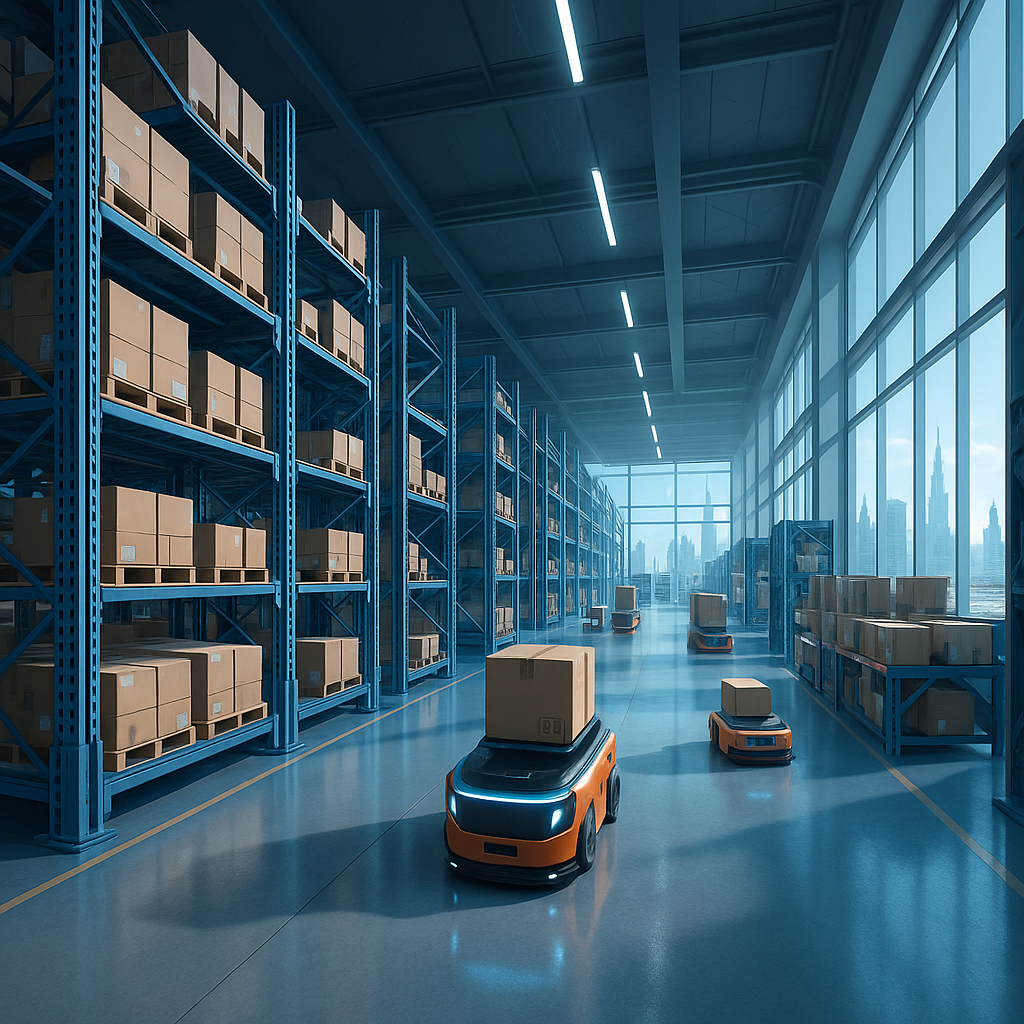
As the global e-commerce sector experiences explosive growth, Dubai stands at the forefront of this digital revolution. Known for its world-class logistics infrastructure and strategic geographic location, Dubai has quickly evolved into a major e-commerce hub for the Middle East and North Africa (MENA) region. But beneath the surface of seamless same-day deliveries and massive online order volumes lies a less visible, yet equally critical component: the warehousing backbone, specifically the racking systems that support it.
The E-commerce Boom and Storage Pressures
The UAE’s e-commerce market is expected to surpass AED 100 billion by 2026, with Dubai accounting for a significant share of that figure. This meteoric rise has led to an urgent demand for flexible, scalable, and intelligent storage solutions.
Unlike traditional retail, e-commerce warehousing requires greater SKU (stock-keeping unit) variety, faster picking speeds, and real-time inventory tracking. As a result, standard shelving and outdated storage layouts are no longer sufficient. Businesses are turning to more advanced racking solutions to keep up with these intensified operational demands.
The Rise of High-Density and Automated Systems
E-commerce logistics necessitate optimized use of vertical space to store more products in smaller footprints. In response, businesses in Dubai are rapidly adopting high-density racking systems like narrow aisle racking and multi-tier shelving, designed to maximize capacity without expanding warehouse size.
Additionally, automation is playing a growing role. Automated Storage and Retrieval Systems (ASRS) integrated with smart racking designs are enabling companies to pick, sort, and dispatch goods with minimal human intervention. This tech-forward approach not only increases speed but also reduces labor costs and error margins—vital in high-volume e-commerce settings.
Speed and Scalability: The New Imperatives
The success of e-commerce hinges on fast delivery. This has made Dubai-based businesses rethink the layout and design of their storage systems. Modular racking that allows quick reconfiguration has become a preferred choice, enabling operations to adjust based on seasonal demands or product range expansion.
Scalability is no longer optional—warehouses must be future-proofed from day one. This means investing in racking systems that can grow alongside the business without significant redesign or downtime.
Sustainability Concerns Are Gaining Ground
In addition to functionality, today’s e-commerce giants are under pressure to reduce their environmental footprint. Dubai’s warehousing sector is witnessing increased interest in eco-friendly racking materials, such as recyclable steel and systems designed for energy-efficient layouts. These solutions not only align with the UAE’s broader sustainability goals but also enhance the brand image of companies seeking global recognition.
Strategic Warehousing Locations Are Driving Innovation
Dubai’s warehouse clusters in Jebel Ali Free Zone (JAFZA), Dubai South, and Dubai Investment Park are hotbeds for racking innovation. Developers in these areas are offering state-of-the-art facilities pre-equipped with advanced racking infrastructures—ideal for plug-and-play e-commerce fulfillment centers.
The convergence of technology, consumer expectations, and Dubai’s logistical ambitions is reshaping how warehouses operate. Racking systems, once considered a passive aspect of logistics, are now pivotal in driving e-commerce success. As Dubai continues to expand its digital economy, businesses that invest in smarter, scalable, and sustainable racking solutions will be the ones best positioned to thrive.